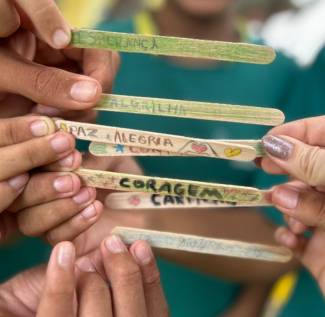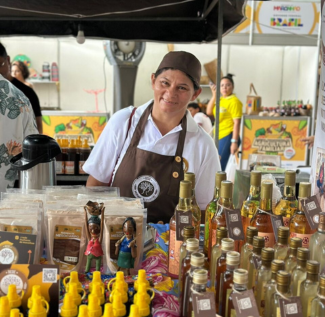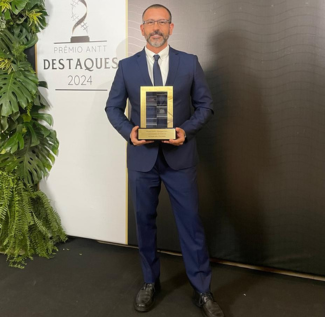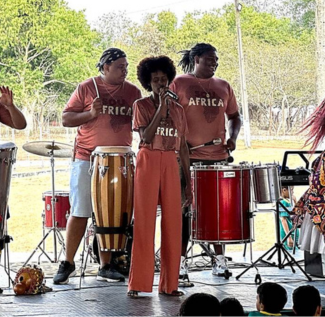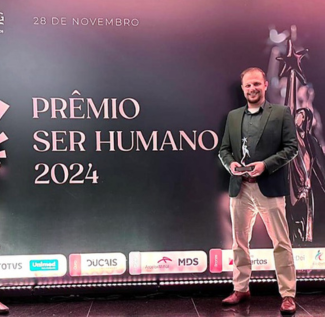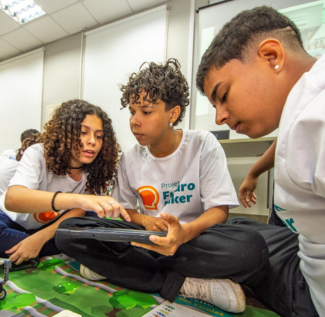Knowledge Stations invest in actions to increase the number of children and adolescents with disabilities

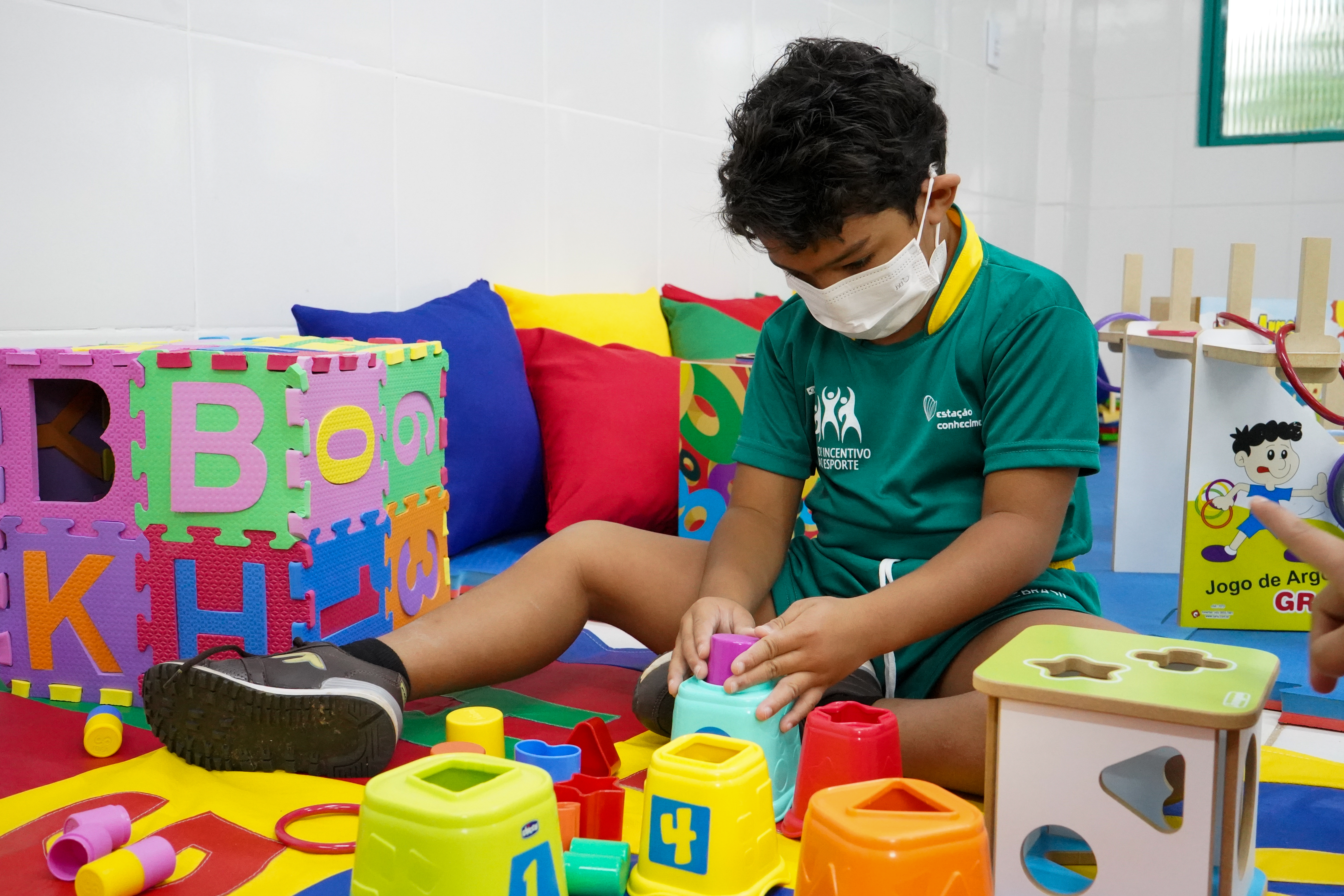
The Knowledge Stations, multifunctional spaces aimed at children and adolescents between 6 and 17 years old, carried out a series of actions for the inclusion of people with disabilities in their activities. Through their schedules, these spaces, maintained by the Vale Foundation, contribute to the social development of the communities served, with education, culture and sport activities during the school shift, valuing the characteristics of each region.
Last year’s goal was to increase at least 30% of PCD registrations in the five units, located in Brumadinho (Minas Gerais), Serra (Espírito Santo), Arari (Maranhão), Marabá and Tucumã (both in Pará). In 2021, there were 109 people with disabilities enrolled, in 2022 this number increased to 184 – a growth of 69% of PCDs beneficiaries.
To achieve the goal, new Interactive Rooms of Multifunctional Resources were inaugurated, spaces aimed at contributing to the motor, cognitive, sensory, social and emotional performance of children and adolescents with disabilities and other specificities. Specialized employees in the area were also hired and training on the subject was organized for the entire project team.
The Importance of Inclusion of Persons with Disabilities
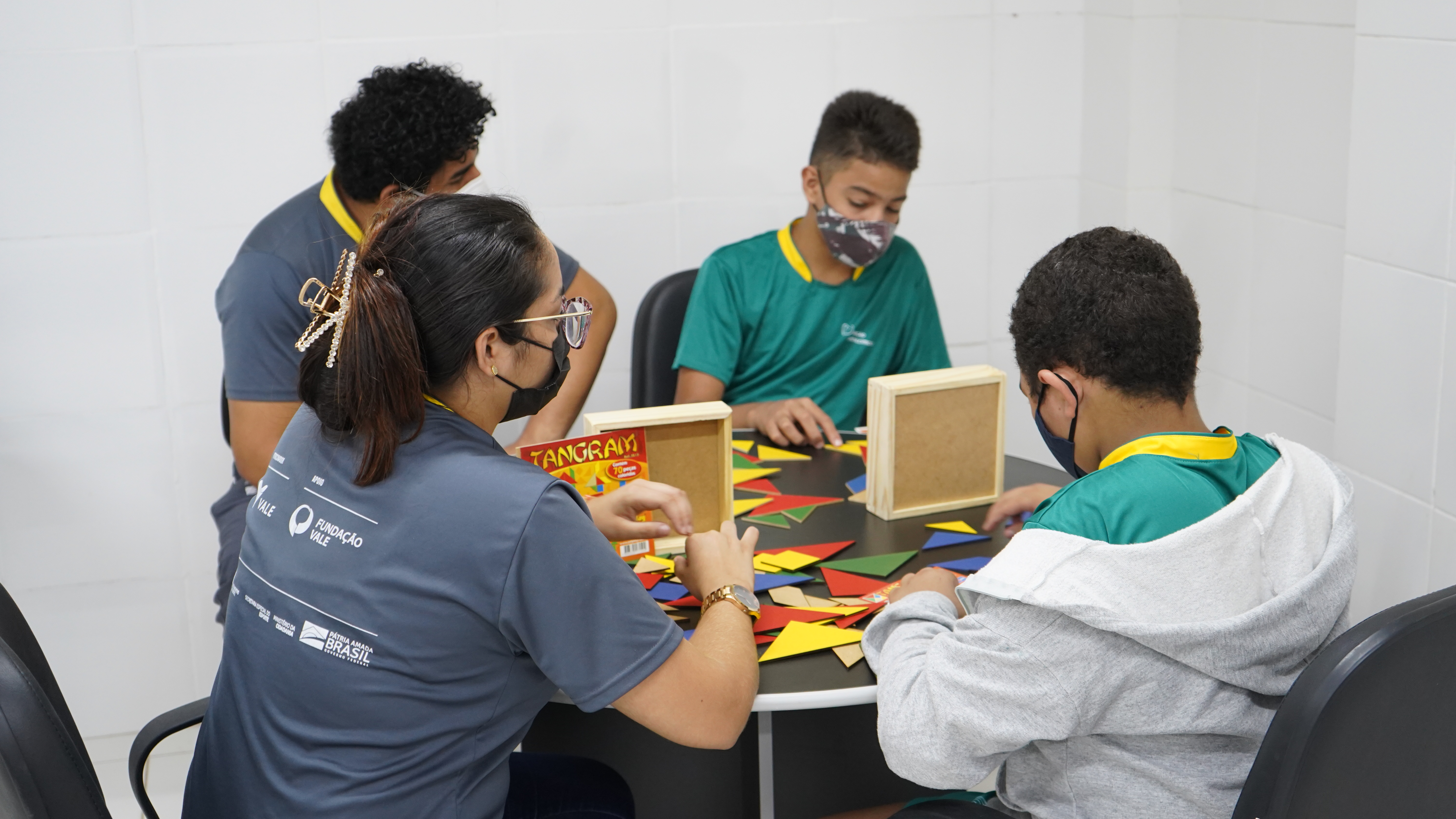
According to the 2010 Census, about 1.4% of the Brazilian population claimed to have some type of mental/intellectual disability, which reveals a large number of people who need specific care from the health network. Given this scenario, there is a great demand for some type of evaluation or treatment that, in most cases, occurs in the Unified Health System (SUS). However, reports of difficulty in obtaining care and follow-up are common. The obstacles to adequate medical care and the history of social exclusion of this group show that this is a public with several vulnerabilities and that it demands more qualified monitoring.
Father of a child with autistic disorder attended by EC Marabá, Raimundo Quirino da Silva, 53, says that activities in the space benefit the whole family.
“We feel very alone, I don’t want any family to go through what we go through. Even the closest people often criticize, do not give support. And today, seeing the happiness that my daughter feels, we are very grateful for this work! The Knowledge Stations team always consoles us with words, they send audio saying good things, because it is difficult, there are times when you want to give up, ”he describes.
From this framework, the search for care services for PCDs grows exponentially. By providing adequate care to people with disabilities, Knowledge Stations guarantee these individuals access to their fundamental rights, such as education, health, nutritional support and other services.

